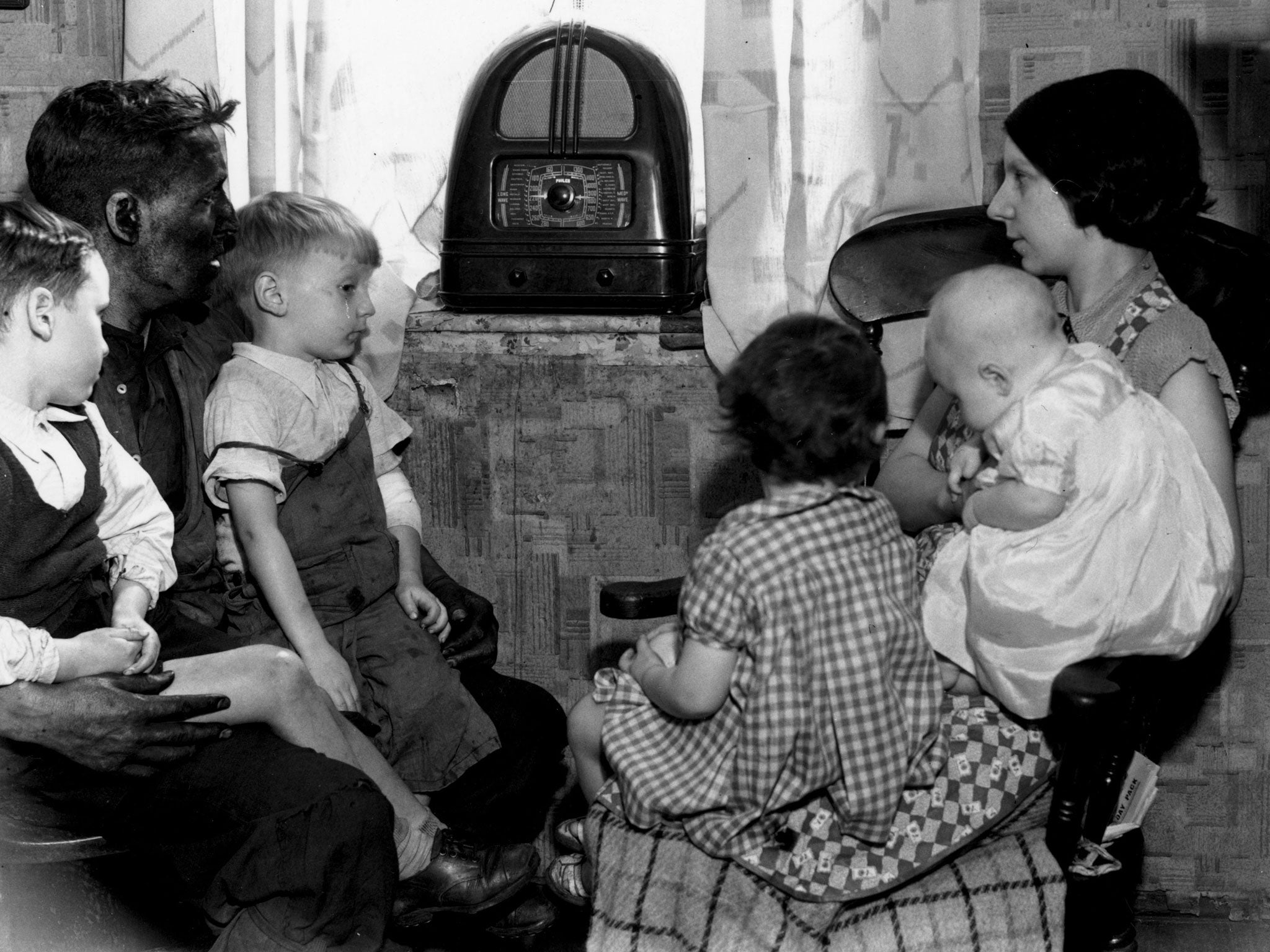Norway will become world's first country to switch off FM radio
Britain plans to review need for switchover once digital listening reaches 50 per cent

Your support helps us to tell the story
From reproductive rights to climate change to Big Tech, The Independent is on the ground when the story is developing. Whether it's investigating the financials of Elon Musk's pro-Trump PAC or producing our latest documentary, 'The A Word', which shines a light on the American women fighting for reproductive rights, we know how important it is to parse out the facts from the messaging.
At such a critical moment in US history, we need reporters on the ground. Your donation allows us to keep sending journalists to speak to both sides of the story.
The Independent is trusted by Americans across the entire political spectrum. And unlike many other quality news outlets, we choose not to lock Americans out of our reporting and analysis with paywalls. We believe quality journalism should be available to everyone, paid for by those who can afford it.
Your support makes all the difference.Norway is set to become the first nation to start switching off its FM radio network next week, in a risky and unpopular leap to digital technology that will be closely watched by other countries considering whether to follow suit.
Critics say the government is rushing the move and many people may miss warnings on emergencies that have until now been broadcast via the radio. Of particular concern are the two million cars on Norway's roads that are not equipped with Digital Audio Broadcasting (DAB) receivers, they say.
Sixty-six per cent of Norwegians oppose switching off FM, with just 17 per cent in favour and the rest undecided, according to an opinion poll published by the daily Dagbladet last month.
Nevertheless, parliament gave the final go-ahead for the move last month, swayed by the fact that digital networks can carry more radio channels.
Switzerland plans a similar shift from 2020, and Britain and Denmark are among those also considering such a switch. A smooth transition to DAB, which is already beamed across Norway, could encourage these countries to move ahead.
The shutdown of the FM (Frequency Modulation) network, introduced in the 1950s, will begin in the northern city of Bodoe on 11 January.
By the end of the year, all national FM broadcasts will be closed in favour of DAB, which backers say carries less hiss and clearer sound throughout the large nation of 5 million people cut by fjords and mountains.
"We're the first country to switch off FM but there are several countries going in the same direction," said Ole Joergen Torvmark, head of Digital Radio Norway, which is owned by national broadcasters NRK and P4 to help the transition.
Mr Torvmark said cars were the "biggest challenge" - a good digital adapter for an FM car radio costs 1,500 Norwegian crowns (£143), he said.
One member of the ruling coalition was scathing, however, voicing concerns similar to those expressed by thousands of elderly and drivers in surveys and elsewhere.
"We are simply not ready for this yet," Ib Thomsen, an MP from the Progress Party, a partner in the Conservative-led government, told Reuters.
"There are two million cars on Norwegian roads that don't have DAB receivers, and millions of radios in Norwegian homes will stop working when the FM net is switched off. So there is definitely a safety concern," he said.
For the same cost, digital radio in Norway allows eight times more radio stations than FM. The current system of parallel FM and digital networks, each of which cost about 250 million crowns (£24 million), saps investments in programmes.
Among other nations, Britain plans to review the need for a switchover once digital listening reaches 50 per cent. That could be reached by the end of 2017 on current trends, Digital Radio UK spokeswoman Yvette Dore said.
Join our commenting forum
Join thought-provoking conversations, follow other Independent readers and see their replies
Comments